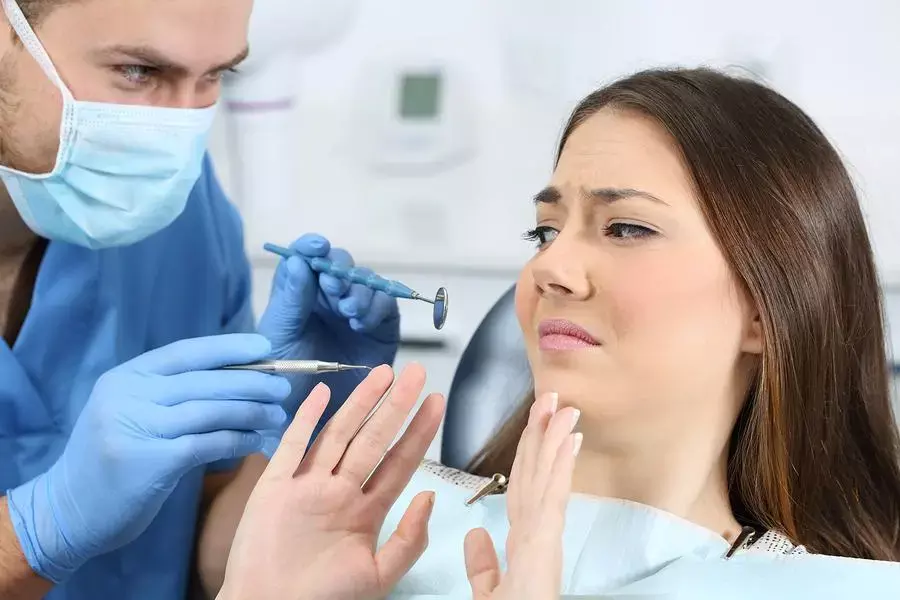- Home
- Medical news & Guidelines
- Anesthesiology
- Cardiology and CTVS
- Critical Care
- Dentistry
- Dermatology
- Diabetes and Endocrinology
- ENT
- Gastroenterology
- Medicine
- Nephrology
- Neurology
- Obstretics-Gynaecology
- Oncology
- Ophthalmology
- Orthopaedics
- Pediatrics-Neonatology
- Psychiatry
- Pulmonology
- Radiology
- Surgery
- Urology
- Laboratory Medicine
- Diet
- Nursing
- Paramedical
- Physiotherapy
- Health news
- Fact Check
- Bone Health Fact Check
- Brain Health Fact Check
- Cancer Related Fact Check
- Child Care Fact Check
- Dental and oral health fact check
- Diabetes and metabolic health fact check
- Diet and Nutrition Fact Check
- Eye and ENT Care Fact Check
- Fitness fact check
- Gut health fact check
- Heart health fact check
- Kidney health fact check
- Medical education fact check
- Men's health fact check
- Respiratory fact check
- Skin and hair care fact check
- Vaccine and Immunization fact check
- Women's health fact check
- AYUSH
- State News
- Andaman and Nicobar Islands
- Andhra Pradesh
- Arunachal Pradesh
- Assam
- Bihar
- Chandigarh
- Chattisgarh
- Dadra and Nagar Haveli
- Daman and Diu
- Delhi
- Goa
- Gujarat
- Haryana
- Himachal Pradesh
- Jammu & Kashmir
- Jharkhand
- Karnataka
- Kerala
- Ladakh
- Lakshadweep
- Madhya Pradesh
- Maharashtra
- Manipur
- Meghalaya
- Mizoram
- Nagaland
- Odisha
- Puducherry
- Punjab
- Rajasthan
- Sikkim
- Tamil Nadu
- Telangana
- Tripura
- Uttar Pradesh
- Uttrakhand
- West Bengal
- Medical Education
- Industry
Sensory-adapted dental environment during dental cleanings may improve dental experiences of autistic children: JAMA

Sensory-adapted dental environment (SADE) during dental cleanings may improve dental experiences of autistic children suggests a new study published in the JAMA
Autistic children have poorer oral health and greater oral care challenges, which are often associated with sensory overresponsivity, than neurotypical peers. It is important to identify innovative solutions enabling dentists to successfully perform standard clinic-based procedures for this population.
A study was done to determine whether a sensory-adapted dental environment (SADE) reduces physiological and behavioral distress in autistic children undergoing dental cleanings, compared with a regular dental environment (RDE).
This randomized crossover trial was conducted at a pediatric dentistry clinic in a large urban children’s hospital between May 2016 and April 2022. Coders were blinded to study condition for physiological but not behavioral measurements. Autistic children aged 6 to 12 years were identified and invited to participate. Interested families were enrolled consecutively; after confirmation of autism diagnosis, children were randomized. Analysis for this per-protocol study were conducted from April to October 2022.
Each child underwent 1 RDE and 1 SADE dental cleaning, administered in randomized and counterbalanced order approximately 6 months apart. SADE included modified visual, auditory, and tactile stimuli. The primary outcome was physiological stress, assessed by electrodermal activity. The secondary outcome was behavioral distress measured from video recordings.
Results
Among 452 families invited to participate, 220 children were enrolled, and 162 children (mean [SD] age, 9.16 [1.99] years; 136 [84.0%] male) with confirmed autism were randomized, with 83 children receiving RDE first and 80 children receiving SADE first. Most children (94 children [58.0%]) had moderate autism severity. Children had significantly lower physiological stress during dental care in SADE compared with RDE (mean difference in skin conductance level, −1.22 [95% CI, −2.17 to −0.27] μS), suggesting decreased sympathetic activity and increased relaxation during SADE dental care. No significant differences were found in nonspecific skin conductance responses (mean difference, −0.30 [95% CI, −0.86 to 0.25] per min). Video-coded frequency and duration of behavioral distress (but not questionnaire) measures were significantly lower in SADE vs RDE (Cohen d = −0.84 to −1.19). Physiological stress was associated with behavioral distress during the dental cleaning (eg, nonspecific skin conductance responses associated with the Frankl Scale: β = −0.29; 95% CI, −0.39 to −0.19); age, IQ, and expressive communication moderated the intervention’s success. No participants withdrew due to adverse effects.
In this randomized crossover trial of autistic children, using SADE was safe and efficacious in decreasing physiological and behavioral distress during dental care. This is important because enhancing oral care is critical for autistic children; this intervention may also be beneficial for populations beyond autism.
Reference:
Stein Duker LI, Como DH, Jolette C, et al. Sensory Adaptations to Improve Physiological and Behavioral Distress During Dental Visits in Autistic Children: A Randomized Crossover Trial. JAMA Netw Open. 2023;6(6):e2316346. doi:10.1001/jamanetworkopen.2023.16346
Dr. Shravani Dali has completed her BDS from Pravara institute of medical sciences, loni. Following which she extensively worked in the healthcare sector for 2+ years. She has been actively involved in writing blogs in field of health and wellness. Currently she is pursuing her Masters of public health-health administration from Tata institute of social sciences. She can be contacted at editorial@medicaldialogues.in.
Dr Kamal Kant Kohli-MBBS, DTCD- a chest specialist with more than 30 years of practice and a flair for writing clinical articles, Dr Kamal Kant Kohli joined Medical Dialogues as a Chief Editor of Medical News. Besides writing articles, as an editor, he proofreads and verifies all the medical content published on Medical Dialogues including those coming from journals, studies,medical conferences,guidelines etc. Email: drkohli@medicaldialogues.in. Contact no. 011-43720751


